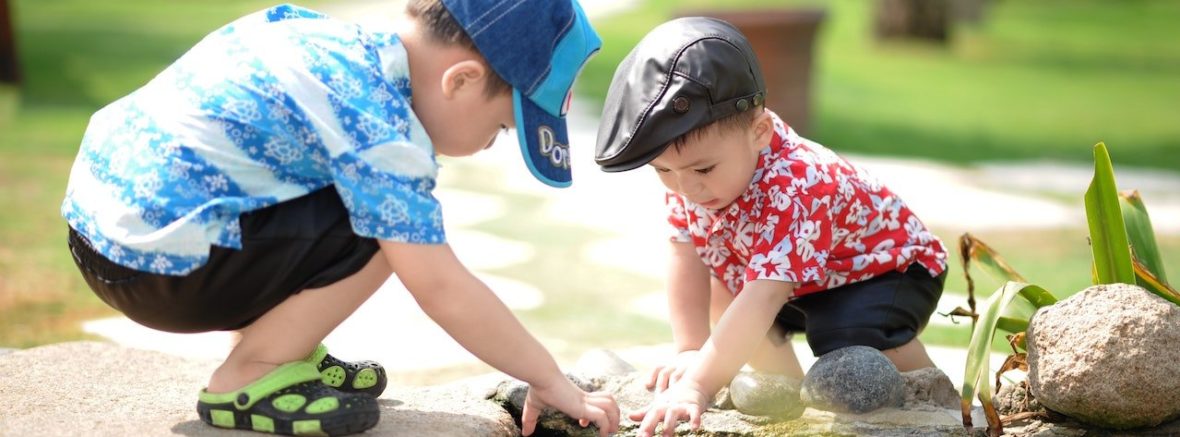Ever help carry someone’s groceries, drop cookies off at your neighbor’s or slip a few quarters into an about-to-expire parking meter? Or maybe you smiled at a stranger walking by, helped an elderly woman step down from the bus or made a funny face to distract a fussy child.
If so, then you’re already a pro at practicing random acts of kindness. If you’re not sure what qualifies as a random act of kindness, think of it as a kind word, gesture or act you do just because.
There’s no ulterior motive or expectation of reciprocity and it’s often spontaneous. The idea is to spread love, good will and kindness in the world.
Noticing Kindness
While most of us probably act in many kind ways every day without much thought, intentionally noticing kindness feels good and reinforces and encourages a positive mindset.
You can bring attention to the ways your child already practices kindness. Does she feed the family dog or rub his belly? That’s an act of kindness. Does he hug his younger sibling when she’s sad or scared? That’s an act of kindness. Noticing when our kids are kind and pointing out the positive impact their words and actions have on others builds their self-confidence.
No Act of Kindness Is Too Small
Acts of kindness don’t have to be grand gestures. Even the smallest act of kindness has the power to change someone else’s mood or day for the good.
Encourage your child to smile at people, write a note of thanks to the trash collector or sit next to the new kid in their class. They can share their toys, send a card to a grandparent or friend or paint kindness rocks to leave around the neighborhood. These are all small but powerful acts that encourage the natural goodness in your child’s heart.
The Science Behind the Smiles
Here’s another reason to be kind: even though random acts of kindness are meant to boost others, being kind also has the awesome side effect of making us emotionally and physically healthier.
Several studies show that people who volunteer helping others report feeling “stronger and more energetic…calmer and less depressed, with increased feelings of self-worth,” reports an article at Greater Good Magazine.
According to the National Institutes of Health, the brain’s pleasure and reward centers light up when you act kindly towards others, either by volunteering or donating money. It’s the same response the brain has if you were the recipient of a good deed rather than the giver.
Kindness is a win-win all around. We’d love to know about your random acts of kindness so tag us in your social posts for a chance to be featured on the Mindful Littles Instagram feed!




Share this: